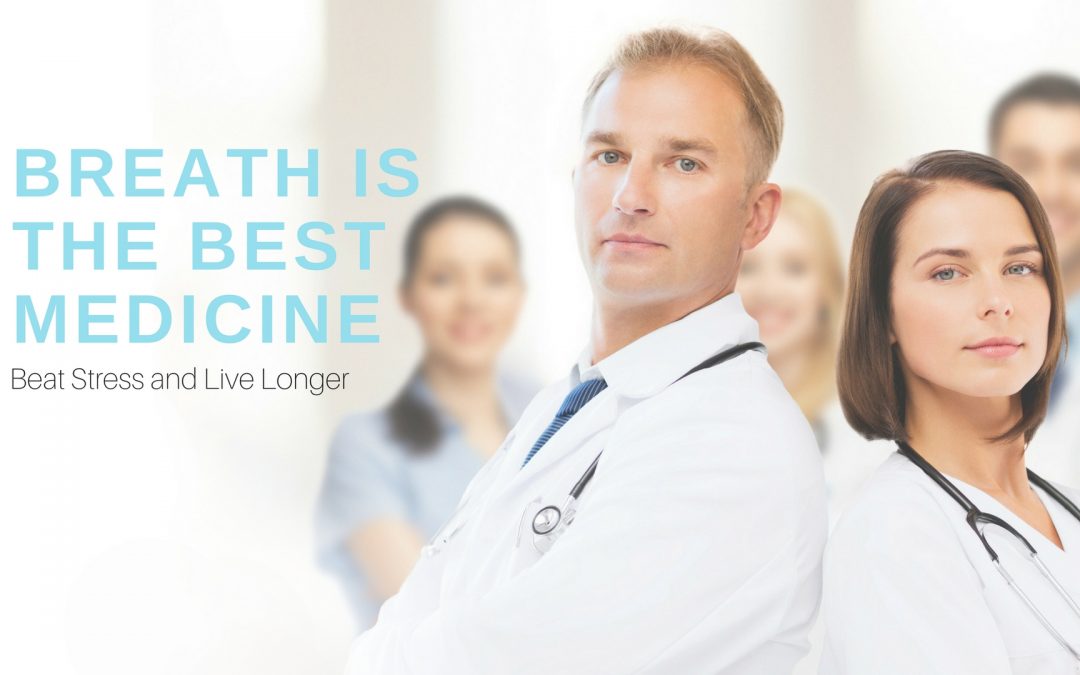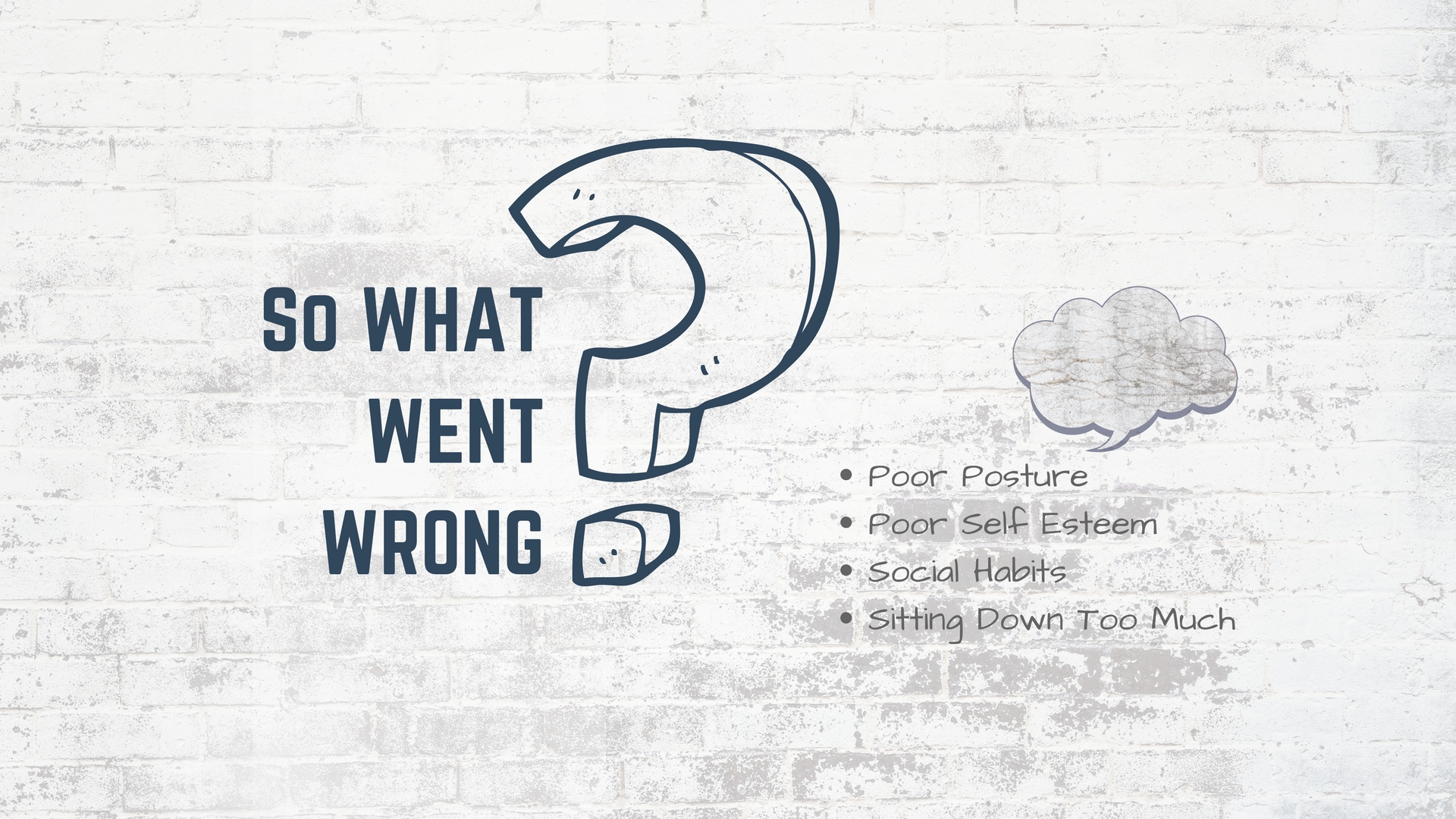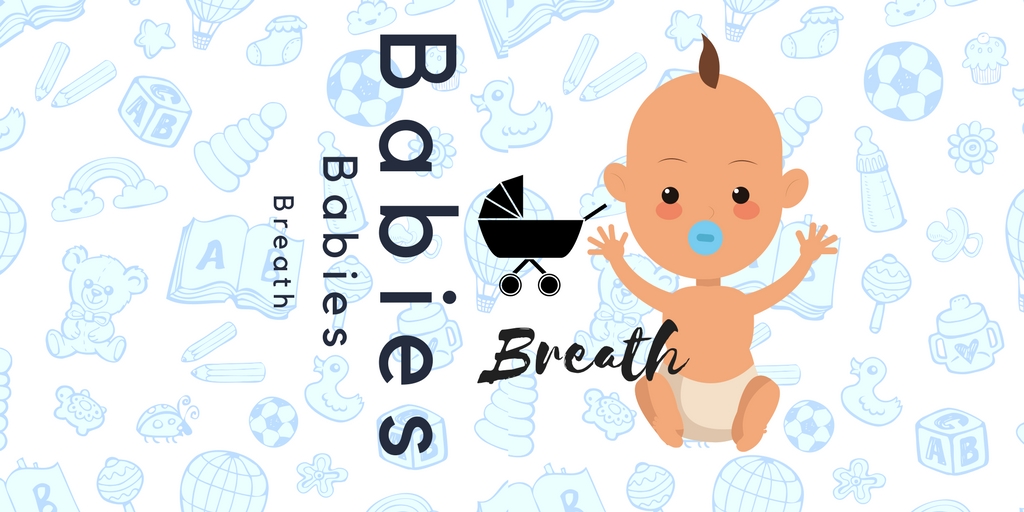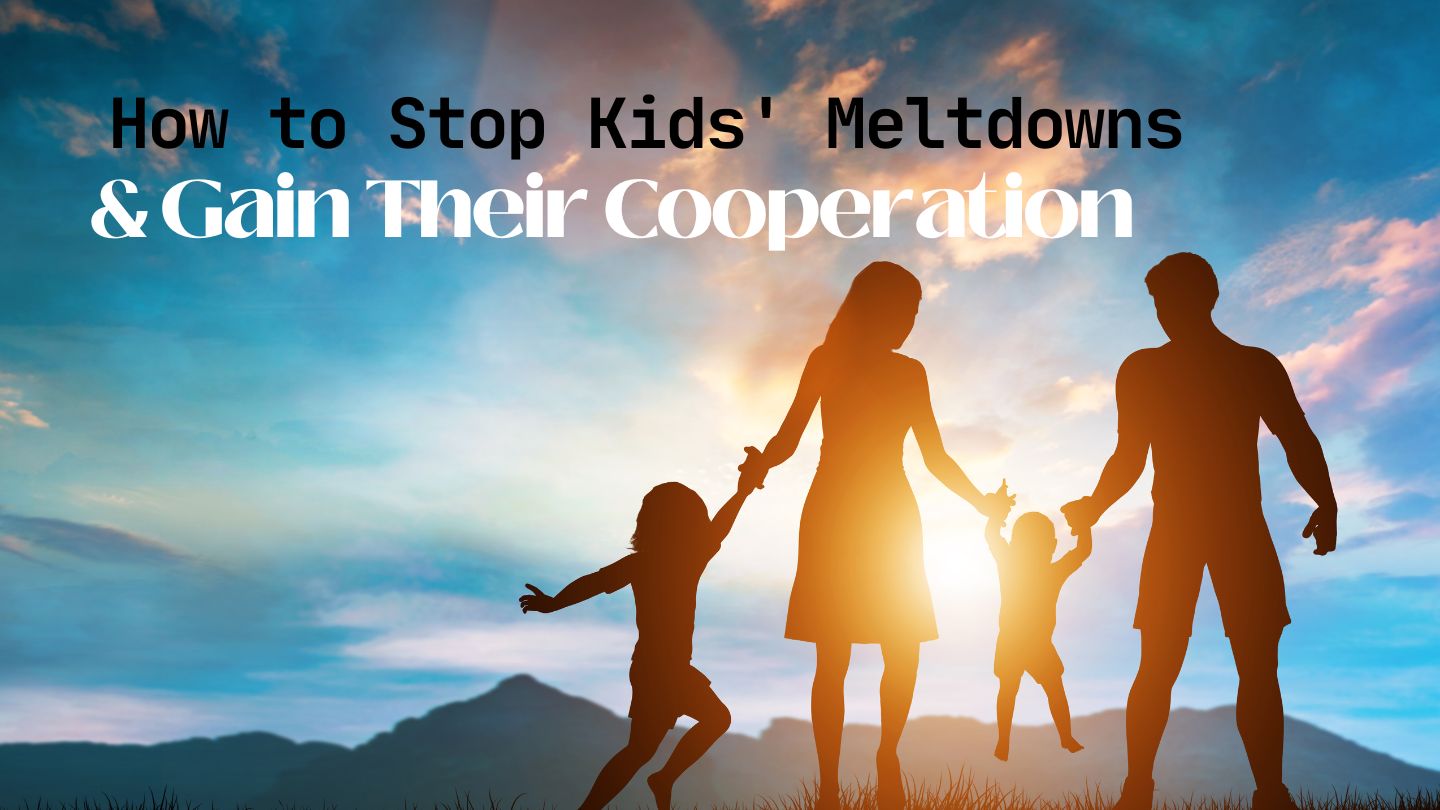Latest From Upschool
- How to Stop Kids’ Meltdowns and Gain Their Cooperation
- Making Big Decisions When You and Your Co-Parent Disagree
- Building Your Child’s Self Esteem
- Separation Anxiety & Starting School
- Why Parents Should Listen to Kids
- How To Raise Emotionally Intelligent Children
- How to Combat End of Year Fatigue
- Navigating Technology and Kids: A Guide for Parents
-
-
No videos yet!
Click on "Watch later" to put videos here
- View all videos
-
-
-
Don't miss new videos
Sign in to see updates from your favourite channels
-
Guest Contributors
Health & Wellbeing (Guest Contributors)
Breath is the Best Medicine

Breath is the Best Medicine
We need oxygen to survive, and without enough of it, our brain and all our organs cannot function properly and our cells will begin to die. Learning to breathe properly is essential for our health and wellbeing; breathing regulates our heart rate, influences the release of chemicals into the bloodstream, removes toxins from the body and helps us to metabolise food and waste. The reality is nearly all of us do not breathe properly and don't even know how to; it is just assumed that because breathing is an automatic function it does not need any real consideration. The truth is overlooking the way you are breathing could be interfering with your health and happiness in a really big way, over time the implications of poor breathing can be pretty scary, poor or latent breathing impacts every part of your body and can even lead to longer-term health problems like organ damage and even stroke.
What Went Wrong?
Sitting down for long periods of time, poor posture, social habits and emotional stress all impact the way we breathe. Poor breathing habits inhibit our ability to relax which means; we cannot digest food properly, our cells can’t repair themselves, we feel tired, cranky and anxious, we get sick more often and eat more sugar. All of this loops back on itself to create a vicious cycle where poor respiration leads to poor health and bad habits.
Babies Breath
When we are little we know how to breathe correctly. If you have ever watched a baby breathing when they are sleeping you will notice their whole body shifts into a rhythmic pattern; you see on the inhalation the whole belly rises and on exhalation the whole belly falls. This is the natural rhythm of breathing and it fills the whole body with oxygen. By the time out kids reach school age, proper breathing shifts from deep and rhythmic to short and shallow. It happens for a few different reasons which include; sitting down too much, social stigmas to hold the tummy in and the mimicking of behaviour from peers and parents. It also does not help that nearly all the adults in the world seem stressed and wound up.Better Late Than Never
The good news is, you have the ultimate tool to avoid these potential health problems, and is it right under your nose. Just by learning the art of better breathing you can significantly improve your health and wellbeing by; helping your organs to function properly, lowering your blood pressure and giving the body the help it needs to restore and repair itself naturally. When you breathe properly you will have more energy, sleep more peacefully, feel happier, get smarter and live longer. 1. Sit up straight 2. Roll your shoulders back and down 3. Close your mouth and take a long deep breath in through your nose and exhale slowly. Did you notice a difference? Sitting up straight helps give space to your lungs and diaphragm which helps to increase the depth of your breathing, it also stimulates the brain making you more alert; breathing through the nose increases oxygen levels in the body and stimulates the brain, slowly exhaling lowers the heart rate and stimulates a relaxation response in your body helping you to relax and reset. The more often you put into practice the art of deep breathing the better you become at it, paying attention to your breathing helps to focus the mind and can be used as a tool for deep relaxation and mediation. Guest Contributor: Emily Rack Business Name: Horatio's Jar Publisher: Digital SchoolsEmily Rack is a yoga teacher, meditation instructor and freelance writer. She runs yoga and meditation classes, courses and workshops in schools and the wider community & is passionate about teaching the art of mindfulness ——- PUBLISHER’S DISCLAIMER: The publisher of this blog post (Digital Schools PTY LTD) works in partnership with the school as a 3rd party provider to help build and maintain the school website. Digital Schools sources a range of experts who provide products and/or services to educational institutions and we work with them to produce and publish topical information in the form of blog posts that we think may be relevant, interesting or topical to families within the community. The views, opinions and content listed in this blog post are that of the guest contributor and/or publisher (Digital Schools). It should be noted that whilst the publisher and guest contributors are acting with the best intentions and in the best interests of the school and their community to provide helpful or interesting information, sometimes the content may not necessarily reflect the views of the school. The information in this blog post is not meant to be used, nor should it be used, to diagnose or treat any medical condition. For diagnosis or treatment of any medical problem, consult your own physician. The school and the publisher of this blog post are not responsible for any person reading or following the information in this article who may experience adverse effects. Any references to external websites or sources are provided for informational purposes only and do not constitute endorsement by the school or publisher in any way and the publisher and/or school cannot guarantee accuracy of information listed. If you have feedback on any content on this platform, you can submit it to the publisher using the feedback link provided at the bottom of this page.TAGS
Activity
Breathing Exercises
Grown Ups
Mindfulness for Adults
Mindfulness for Teens
Neurosciences
Sciences
Self-Awareness
Teens
Wellbeing
NEW TO EXPLORE




